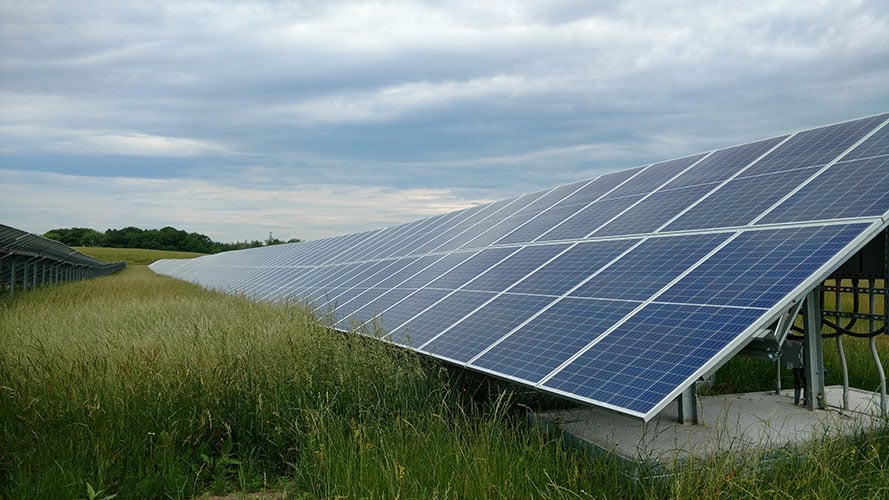
Maine is in the midst of a new era of renewable energy development, spurred by legislation that requires 80% of Maine’s electricity come from renewable resources by 2030 and 100% by 2050. These targets are amongst the most ambitious in the country and are necessary to stave off the worst impacts from climate change.
But with the tremendous opportunities provided by solar and wind energy come potential conflicts with Maine’s wildlife and wildlife habitat. Like any new land use or development, if not thoughtfully sited or operated, new renewable energy development could displace wildlife habitat and otherwise unduly impact Maine’s natural resources.
To help, Maine Audubon’s ecology and policy experts have created a suite of resources to guide developers, municipalities, and decision-makers toward realizing the benefits of renewable energy, while locating and operating projects with wildlife and habitat in mind.
The newest resource is a Renewable Energy Siting Tool, a GIS mapping tool that allows users to view natural resources, renewable energy potential, and other layers in Maine towns to help identify low conflict areas better suited for renewable energy development. Try it out for yourself (click here for full size):
- Model Site Plan Regulations and Conditional Use Permits (PDF) to support solar energy development in Maine municipalities. Several Maine municipalities have already used these models in drafting their own ordinances.
- Best Practices for Low Impact Solar Siting, Design, and Maintenance (PDF). This is a great resource for understanding how to avoid and minimize impacts to natural and agricultural resources.
- Coming soon: A guide to planting native, pollinator-friendly vegetation at solar project sites. Contact us today if you’d benefit from guidance on this topic prior to the guide’s publication – we’d be happy to help!
There is no time to waste. New renewable energy development is critical to combating climate change and supports good jobs and lower energy costs, too. But we must be thoughtful about where we build these projects and how we manage them. Maine Audubon is committed to striking a balance between new renewable energy development and natural resource conservation.
